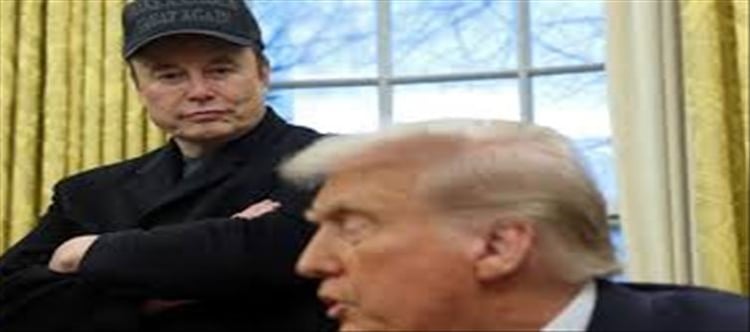
Donald Trump’s latest remark—that it would be "very unfair" to the U.S. if Elon Musk built a tesla factory in India—has reignited the debate on trade imbalances and protectionism. At the heart of this controversy is India's notoriously high import tariffs, especially in the automobile sector, where rates can reach a staggering 100%. But is this a case of unfair trade practices, or is india simply safeguarding its domestic industry?
India’s High Tariffs: Protection or a Trade Barrier?
India has long been one of the most protectionist economies, levying high duties on imported goods to encourage local manufacturing. The automobile sector is a prime example. A car imported into india can cost nearly double its original price due to tariffs, making it nearly impossible for foreign brands to compete unless they set up local production facilities.
From India’s perspective, this policy makes sense. With a vast and growing population, the country seeks to promote "Make in india," ensuring that manufacturing jobs stay within its borders. But from a global trade perspective, such high barriers hinder fair competition and restrict consumer choices.
A Global Comparison: How Costly is India?
When stacked against other major economies, India’s tariffs appear exorbitant:
- United States: Just 2.5% duty on imported passenger vehicles.
- European Union: A modest 10% tariff on cars.
- China: Once at 25%, now reduced to 15%—still high, but nowhere near India’s 100%.
These numbers paint a clear picture: india remains one of the toughest markets for foreign manufacturers. The question is, should the world accept these high tariffs as India’s sovereign right to protect its economy, or is it time for india to lower its barriers and foster freer trade?
Trump vs. India: A Battle of Economic Interests
Donald Trump, during his previous presidency, frequently criticized India’s high tariffs, calling them "unacceptable." His latest statement about Musk potentially setting up a tesla factory in india follows the same theme—warning that such investments would benefit india at the cost of the U.S. economy.
But is Trump’s complaint fair? On one hand, tesla building a factory in india could boost local employment and help lower the price of EVs for indian consumers. On the other hand, Trump’s argument is rooted in economic nationalism—why should American innovation and capital fuel growth in a country that levies extreme tariffs against U.S. imports?
The Road Ahead: Can india and the U.S. Find Middle Ground?
Trade negotiations between india and the U.S. have historically been tricky. While india has made some tariff concessions—such as lowering duties on bourbon whiskey and Harley-Davidson motorcycles—major trade barriers remain. For tesla and other companies, India’s import duties remain a significant deterrent, forcing them to either "Make in India" or pay an exorbitant price.
If india truly wants to attract more global investment while maintaining a level playing field, it may need to reassess its tariff strategy. A balanced approach—one that protects local manufacturers without completely shutting out foreign competition—could be the best way forward.
But until that happens, Trump’s critique will continue to hold weight, and india will remain a high-cost, high-barrier market in the global trade arena.




 click and follow Indiaherald WhatsApp channel
click and follow Indiaherald WhatsApp channel